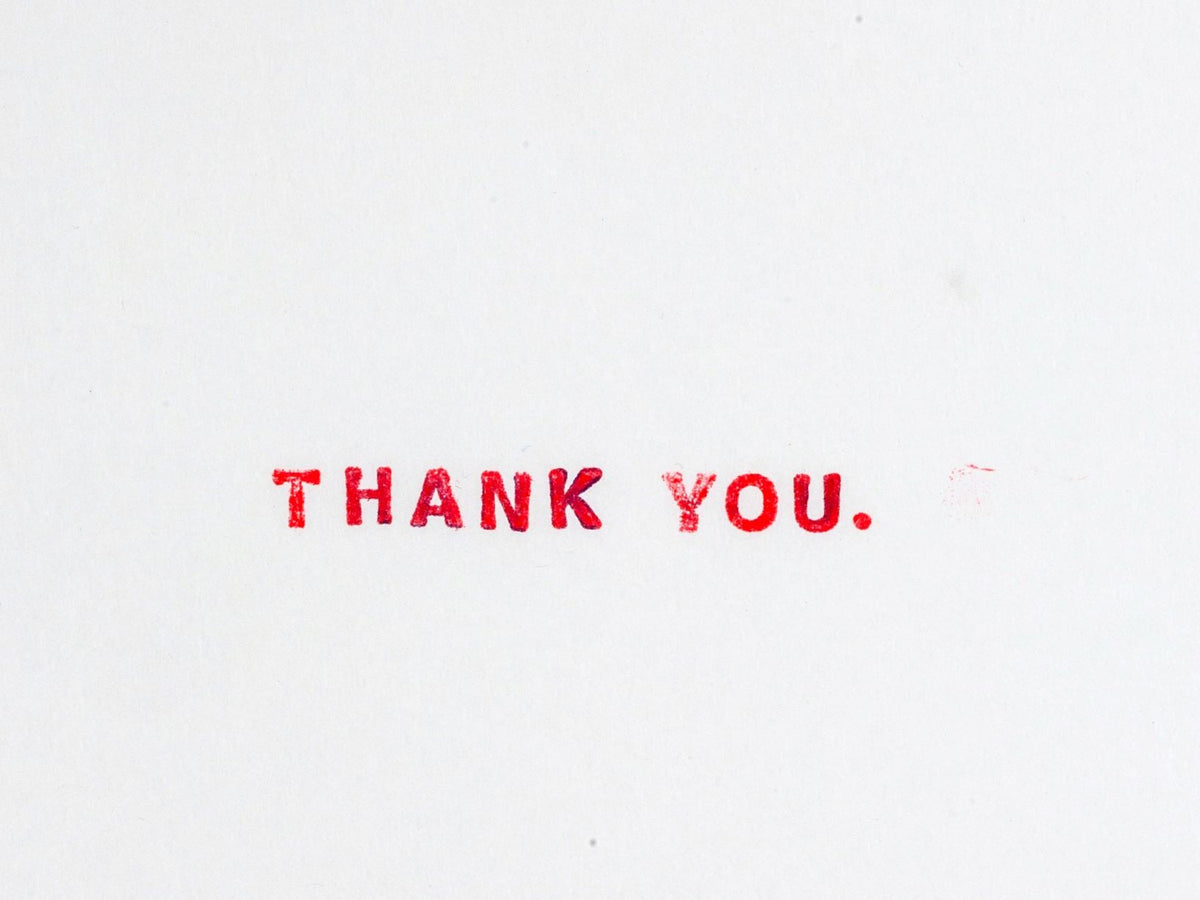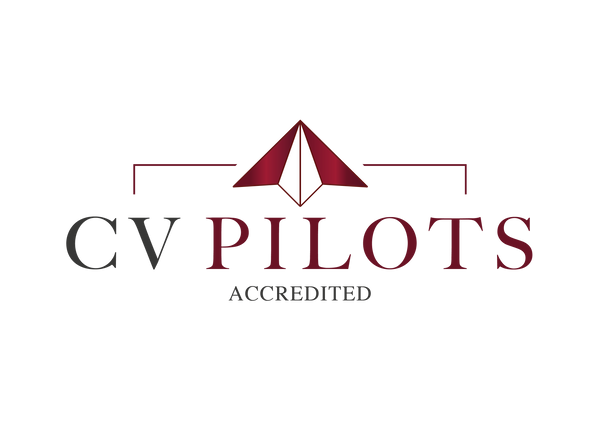
How to Write an Interview Thank You Note (UK Guide 2025)
Writing Your Interview Thank You Note: When to Send It and What to Include
If you’ve just walked out of an interview and are waiting anxiously for a call back, one small step could make a big difference: sending a thank you note.
Recruiters and hiring managers agree – it’s not optional. It’s a simple way to show professionalism, reiterate your interest in the role, and give yourself an edge over equally qualified candidates who skip it.
Ryan Bradshaw, Director of Recruiting at Apollo Technical, puts it bluntly: “There are hiring managers that will not even consider candidates who haven’t sent a thank you note.”
The good news? A well-timed, thoughtful message doesn’t just show good manners. It can help you stand out in a crowded market and keep you top of mind when decisions are being made.
If you’re ready to take the guesswork out of job applications and
give yourself a genuine competitive edge, our CV Reviews and
CV Template Bundles are designed to help you stand out in even
the toughest hiring markets.
CV Reviews – Save £60
If you’re not sure your CV is truly working for you, our
Professional CV Review Service provides in-depth, recruiter-level
feedback on content, structure, and ATS compatibility. You’ll receive
a personalised action plan showing exactly what’s holding you back
and how to fix it, so you can apply with confidence. Use discount code
PCVR60 at checkout to save £60 and give your next application the
competitive edge it deserves.
CV Template Bundles – Save £40
Prefer to write your own CV but want a proven framework? Our
CV Template Bundles include an ATS-friendly, recruiter-approved
template, plus our storytelling framework, metrics tracker, CV checklist,
and scorecard - everything you need to create a document that sells
your skills and achievements. Use discount code CVTB40 to get
£40 off and start building a CV that gets noticed for all the right
reasons.
These tools pull back the curtain on the hiring process, cutting
through the smoke and mirrors so you understand exactly what
employers and ATS systems are really looking for
When Should You Send a Thank You Note?
Timing is critical. Send it too fast, and you risk coming across as desperate. Leave it too late, and you may lose momentum.
Recruiters recommend sending your note within 24–48 hours of the interview. This timeframe strikes the right balance: it’s fresh enough to remind the interviewer of your conversation, but measured enough to show professionalism.
As one IBM hiring manager explained: “Waiting until the following day makes for a good reminder for the interviewer and comes off as more relaxed.”
Email or Handwritten – Which Is Best?
Email is the safest choice for most candidates. It’s fast, it won’t get lost in the post, and it ensures your message lands promptly.
That said, a handwritten note can make a lasting impression if used carefully – particularly in industries where relationship-building and personal touch matter.
If you choose this route, keep it professional and polished. Avoid anything that looks like a craft project. And if possible, deliver it in person (e.g., leaving it at reception) rather than risking postal delays.
What Should You Include in an Interview Thank You Note?
A thank you note should be short but powerful. Think of it as your second chance to influence the interviewer.
Here’s what it needs to cover:
-
Say thank you – acknowledge their time and the opportunity.
-
Reiterate your interest – show enthusiasm for the role and company.
-
Reference the interview – mention a topic you discussed, something that impressed you, or a recent development at the company.
-
Connect your skills – briefly link your experience back to the role.
-
Close professionally – say you look forward to next steps and clarify when you’ll follow up.
Recruiter Bryan Clayton shared an example of a standout thank you note: a candidate attached a relevant industry article that tied directly to their interview discussion. “It showed me she was engaged, knew our industry and was already thinking about ways to contribute,” he said.
This kind of personalised touch separates a standard thank you note from one that strengthens your candidacy.
A Simple Thank You Note Template
Here’s a framework you can adapt:
Subject line: Thank you for your time – [Role Title] Interview
Email body:
Dear [Interviewer’s Name],
Thank you for taking the time to meet with me regarding the [Role Title] position at [Company]. I appreciated the chance to learn more about [specific aspect of the role or company you discussed].
After our conversation, I’m even more confident that my experience in [key skill/achievement] positions me to contribute strongly to your team’s goals.
I’m very enthusiastic about the opportunity to join [Company] and look forward to hearing from you regarding next steps.
Best regards,
[Your Name]
How Long Should You Wait to Follow Up?
If you don’t hear back after sending your thank you note, wait around one week before following up – unless you were given a specific timeline during the interview.
When you do follow up, keep it polite and professional. Express continued interest, but don’t bombard the hiring manager.
As recruiter Kim Chan notes: “If the employer is deciding between two similar candidates, they’ll usually pick the one who shows genuine interest in the opportunity.”
Is It Okay to Follow Up More Than Once?
Generally, one follow-up is enough. Beyond that, you risk being seen as pushy or desperate.
Silence often means the role has either been put on hold or given to another candidate. It’s frustrating – but it’s better to move on than to chase an answer that may never come.
Recruiter Ben Lamarche puts it simply: “Usually, recruiters do not contact candidates who are not moving forward. After a couple of weeks, unless you were told otherwise, assume you didn’t get it.”
In Summary
A thank you note is one of the simplest but most effective tools you can use after an interview. Done well, it reinforces your professionalism, demonstrates your interest, and helps you stand out from other candidates.
Send it within 24–48 hours, keep it concise, and make it specific. It could be the small step that tips the hiring decision in your favour.
To find out more, visit our website www.cvpilots.co.uk If you have any further questions, you can either book a consultation call with one of our team, or get in touch via email on team@cvpilots.co.uk

